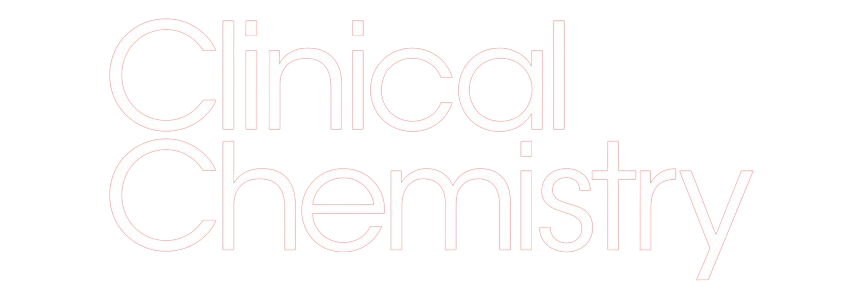
Clinical chemistry involves analyzing bodily fluids to assess health, diagnose diseases, and monitor treatment, utilizing a range of laboratory tests to measure substances like enzymes, electrolytes, and hormones.
The historical development of clinical chemistry spans from ancient observations to modern technological advancements. Key milestones include the emergence of clinical pathology in the 19th century, the development of analytical techniques in the 20th century, and recent advancements in molecular diagnostics. Influential figures such as Virchow, Miescher, and pioneers in automation have contributed significantly to the field's evolution.
Clinical chemistry encompasses vital areas crucial for diagnosing diseases and evaluating health. These include biochemical analysis, enzyme studies, electrolyte and blood gas assessment, hormone testing, toxicology, lipid profiling, liver and renal function tests, immunology, and molecular diagnostics. Together, they provide essential insights into organ function and aid in disease detection and management, playing a fundamental role in healthcare.:
Common clinical chemistry tests include CBC for blood cell counts, BMP/CMP for metabolic and organ function, LFTs/RFTs for liver and kidney health, Lipid Profile for cardiovascular risk, Glucose Tests for diabetes, Thyroid Function Tests, Coagulation Studies, and Urinalysis. They play a critical role in diagnosing diseases and monitoring health.
Biotech labs utilize spectrophotometry, chromatography, electrophoresis, mass spectrometry, automated analyzers, point-of-care testing devices, molecular diagnostics instruments, electrochemical analyzers, and immunofluorescence/immunohistochemistry techniques for precise and efficient clinical chemistry testing.
Quality control and assurance in biotech labs are essential to ensure accurate and reliable test results. Methods include equipment calibration, proficiency testing, adherence to standard operating procedures (SOPs), internal quality control (IQC), external quality assurance (EQA), and staff training. These measures maintain the accuracy and consistency of testing, ensuring high-quality healthcare delivery.
Interpreting clinical chemistry results involves understanding reference ranges and critical values, recognizing the clinical significance of abnormalities, and correlating results with clinical findings and patient history. Biotech labs provide expertise in analyzing and interpreting data, ensuring accurate diagnosis and tailored treatment plans for patients.
In the blog, we highlighted the pivotal role of biotech labs in modern medicine, emphasizing their impact on patient outcomes. Biotech labs conduct a wide array of clinical chemistry tests, providing crucial diagnostic insights that guide treatment decisions and improve patient care. From analyzing blood samples to detecting diseases and monitoring treatment effectiveness, biotech labs play a vital role in healthcare delivery. Readers are encouraged to stay informed about ongoing developments in clinical chemistry and the services offered by biotech labs. As technology advances and new methodologies emerge, staying up-to-date with these developments ensures access to the latest diagnostic tools and techniques, ultimately benefiting patient health and well-being. By recognizing the indispensable role of biotech labs and staying informed about advancements in clinical chemistry, readers can actively contribute to their own healthcare and the broader field of medicine.